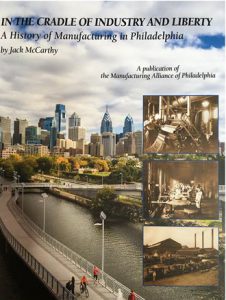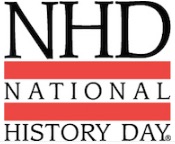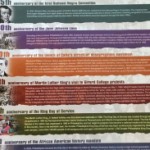 The poster “Deep Roots, Continuing Legacy: Philadelphia in the Struggle for Civil Rights” is a new project from History Making Productions, the documentary film company that strives to share Philadelphia’s rich history through the powerful medium of film. We hope that the poster will encourage Philadelphia residents to delve into our rich, fascinating, and continuous role in the fight for equal rights. Many of the events depicted on the poster are featured in History Making Production’s film series, Philadelphia: The Great Experiment. These films are available at no cost and online at historyofphilly.com.
The poster “Deep Roots, Continuing Legacy: Philadelphia in the Struggle for Civil Rights” is a new project from History Making Productions, the documentary film company that strives to share Philadelphia’s rich history through the powerful medium of film. We hope that the poster will encourage Philadelphia residents to delve into our rich, fascinating, and continuous role in the fight for equal rights. Many of the events depicted on the poster are featured in History Making Production’s film series, Philadelphia: The Great Experiment. These films are available at no cost and online at historyofphilly.com.
The Encyclopedia of Greater Philadelphia is one of the many cultural and civic organizations partner organizations that have helped to produce the poster. We are among the partners that have also supplied supplementary materials that complement and extend the content on the poster. For more information, teaching ideas, and primary sources, go to historyofphilly.com/philadelphia-the-great-experiment
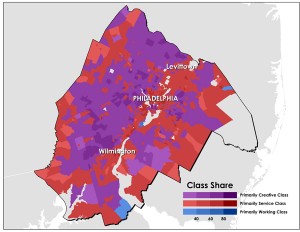

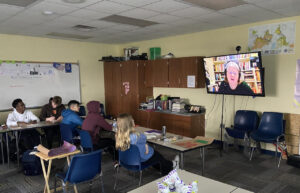
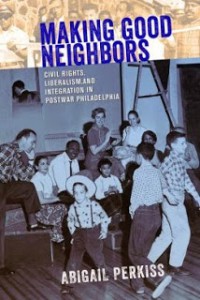
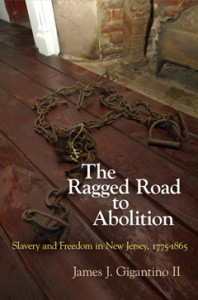
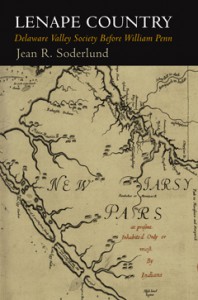 In 1631, when the Dutch tried to develop plantation agriculture in the Delaware Valley, the Lenape Indians destroyed the colony of Swanendael and killed its residents. The Natives and Dutch quickly negotiated peace, avoiding an extended war through diplomacy and trade. The Lenapes preserved their political sovereignty for the next fifty years as Dutch, Swedish, Finnish, and English colonists settled the Delaware Valley. The European outposts did not approach the size and strength of those in Virginia, New England, and New Netherland. Even after thousands of Quakers arrived in West New Jersey and Pennsylvania in the late 1670s and ’80s, the region successfully avoided war for another seventy-five years.
In 1631, when the Dutch tried to develop plantation agriculture in the Delaware Valley, the Lenape Indians destroyed the colony of Swanendael and killed its residents. The Natives and Dutch quickly negotiated peace, avoiding an extended war through diplomacy and trade. The Lenapes preserved their political sovereignty for the next fifty years as Dutch, Swedish, Finnish, and English colonists settled the Delaware Valley. The European outposts did not approach the size and strength of those in Virginia, New England, and New Netherland. Even after thousands of Quakers arrived in West New Jersey and Pennsylvania in the late 1670s and ’80s, the region successfully avoided war for another seventy-five years.